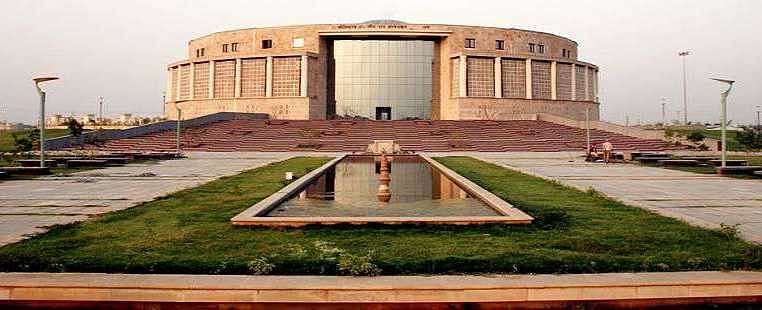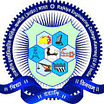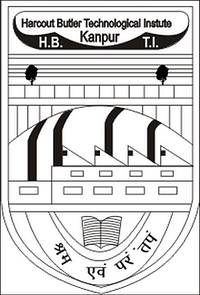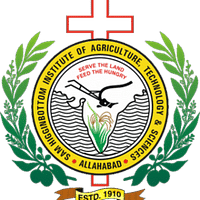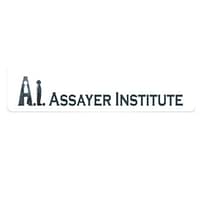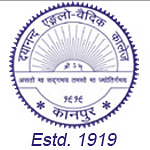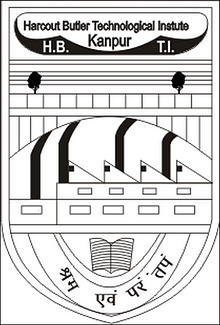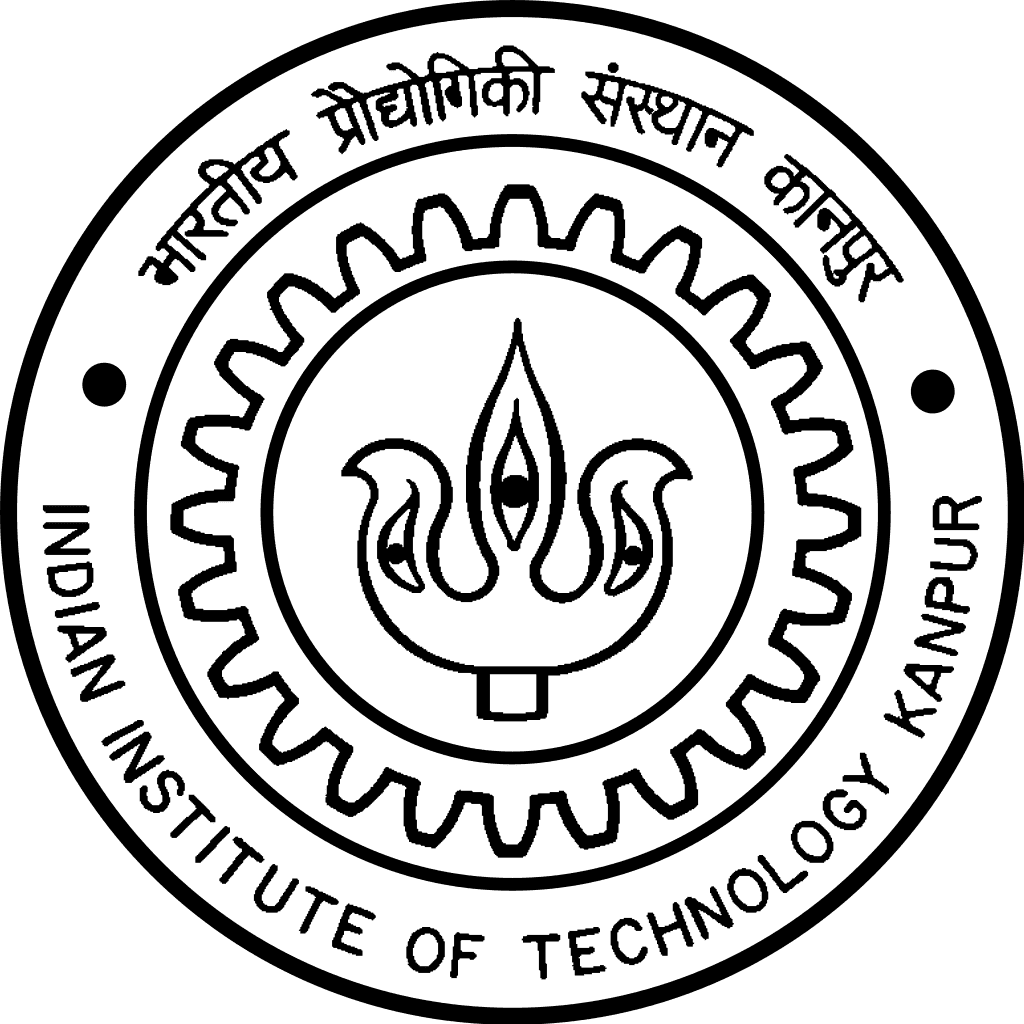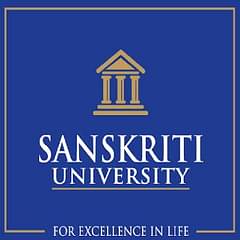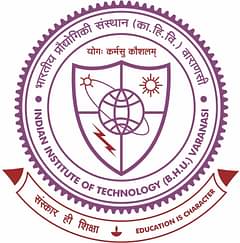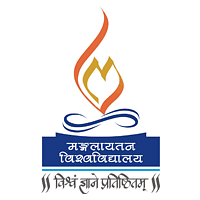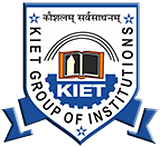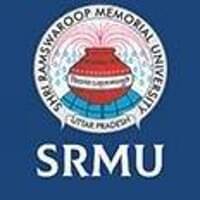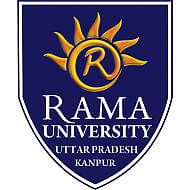Gautam Buddha University B.Tech in Information Technology Fees
The fee for B.Tech in Information Technology at Gautam Buddha University is 152500 INR. B.Tech in Information Technology admission 2024 at Gautam Buddha University will be based on JEE Main, GATE.
| Duration | Fees |
| Year 1 | 38125 INR |
| Year 2 | 38125 INR |
| Year 3 | 38125 INR |
| Year 4 | 38125 INR |
| Total Fees | 152500 INR |
Gautam Buddha University B.Tech in Information Technology Fees and Course Details
| Course name | B.Tech in Information Technology |
| Duration | 4 Years |
| Course level | UG |
| Mode of Study | Regular |
| Total Fees | 152500 INR |
Gautam Buddha University B.Tech in Information Technology Eligibility Criteria
The eligibility criteria for pursuing a B.Tech. (Bachelor of Technology) degree at Gautam Buddha University in India require candidates to have completed their 10+2 education with Physics, Chemistry, and Mathematics as core subjects. Additionally, they must have secured a minimum aggregate of 50% marks in these subjects. Candidates who have appeared for the JEE (Joint Entrance Examination) Main and have a valid score are eligible to apply. The university may also consider candidates who have completed a diploma in Engineering with a minimum of 60% marks, subject to availability of seats. Meeting these criteria ensures a strong foundation in science and mathematics, enabling students to pursue a successful career in the field of technology.
Documents Required :
- 12th mark sheet or equivalent
- JEE Main, GATE mark sheet or equivalent
- Birth certificate or any other proof of age
- Character certificate from the last attended institution
- Migration certificate from the last attended institution
- Category certificate (if applicable)
- Passport size photographs
- Aadhaar card or any other government-issued ID proof
Gautam Buddha University B.Tech Information Technology Important Dates
Here is a table highlighting important dates related to the exams accepted by Gautam Buddha University for admission to B.Tech Information Technology.
GATE Important Dates| Event Name | Date |
| Official Notification Date | 14 Aug 2024 - 14 Aug 2024 |
| Registration Date | 28 Aug 2024 - 11 Oct 2024 |
| Admit Card Date | 02 Jan 2025 - 02 Jan 2025 |
| Exam Date | 01 Feb 2025 - 01 Feb 2025 |
| Answer Key Release Date | 01 Feb 2025 - 01 Feb 2025 (TENTATIVE) |
| Result Date | 19 Mar 2025 - 19 Mar 2025 |
| Counselling Date | 01 Mar 2025 - 01 Mar 2025 (TENTATIVE) |
| Event Name | Date |
| Official Notification Date | 28 Oct 2024 - 28 Oct 2024 |
| Registration Date | 28 Oct 2024 - 22 Nov 2024 |
| Admit Card Date | 19 Jan 2025 - 19 Jan 2025 (TENTATIVE) |
| Exam Date | 22 Jan 2025 - 31 Jan 2025 |
| Result Date | 12 Feb 2025 - 12 Feb 2025 |
Other Specializations in B.Tech Available at Gautam Buddha University
| Course | Duration | Total Tution fees |
| B.Tech in Mechanical Engineering | 4 Years | 152500 Annual |
| B.Tech in Civil Engineering | 4 Years | 152500 Annual |
| B.Tech in Electrical Engineering | 4 Years | 152500 Annual |
| B.Tech in Computer Science & Engineering (Self Finance) | 4 Years | 218500 Annual |
| B.Tech in Artificial Intelligence | 4 Years | 292500 Annual |
| B.Tech in Electronics & Communication Engineering | 4 Years | 152500 Annual |
| B.Tech in Design Engineering | 4 Years | 192500 Annual |
| B.Tech in Food Processing and Technology | 4 Years | 152500 Annual |
Top Courses at Gautam Buddha University
Gautam Buddha University Reviews
Overall: Outside of the classroom, the campus is alive with interesting events and a wide range of extracurricular activities. Academics and leisure are seamlessly integrated thanks to the excellent facilities, cutting-edge conveniences, and well-equipped equipment. The supporting community that is created in this engaging environment fosters friendships that are priceless and improve the college experience as a whole. This university is proof that a wonderful college experience involves more than just academics and takes place in a supportive and rewarding atmosphere.
Placement: Students may not be exposed to industry-specific skills, making them less employable. The lack of on-the-ground recruiting efforts from top-tier companies adds to the problem. The lack of alumni networks or industry partnerships also contributes to poor placement results. These colleges may have outdated programs that don’t keep up with the industry’s current needs. This leaves graduates ill-equipped for the workforce. As a result, students from such institutions often struggle to secure desirable employment opportunities. This highlights the need for in-depth research and careful consideration when choosing a college to pursue higher education and professional development.
Infrastructure: The campus layout creates a perfect balance by skillfully combining natural features with contemporary construction. Numerous outdoor areas encourage students to participate in leisure activities that enhance their physical and social well-being. The campus serves as a microcosm of variety, attracting students from different cultural origins and backgrounds and creating a diverse community with a wide range of viewpoints and views.
Faculty: Many faculty members actively participate in research, industrial collaborations, and professional development to stay at the forefront of their particular professions, even if the quality of education varies throughout universities. Because of the active educational environment in Delhi NCR, instructors with real-world industry expertise are frequently drawn to the area to share their knowledge with students. Notwithstanding, disparities in task distribution and instructional approaches exist between universities. Overall, the teachers at Delhi NCR institutions have a major role in influencing the future of their students. Many of them work hard to instill the critical thinking abilities necessary for success in a world that is changing quickly, in addition to the knowledge they teach.
Hostel: The hostel's ideal location makes it simple to go to important businesses, entertainment venues, and educational institutions. Safety is first, and access control and round-the-clock security are in place. The hostel has a thriving social scene that fosters cross-cultural interactions and enduring connections. Recreational areas and common areas provide locations for unwinding and fostering friendships. A supportive environment is created by committed staff members who attend to the various requirements of the residents.
Explore More Engineering Colleges in Uttar Pradesh
By Degree
By Specialization
By Course
- Colleges in Kannauj
- Gautam Buddha University
- Gautam Buddha University Courses & Fees
- Gautam Buddha University B.Tech
- B.Tech Information technology

